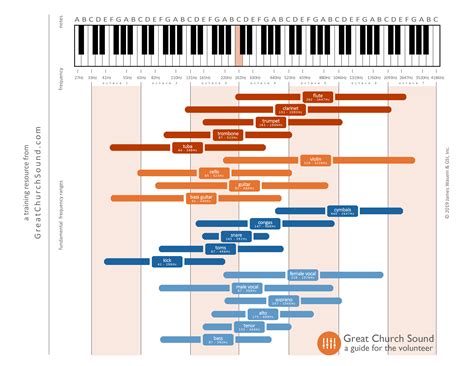Simple EQ: A Guide to Naming Your Emotional Intelligence
Emotional intelligence (EQ) is no longer a niche concept; it's a cornerstone of personal and professional success. Understanding and managing your emotions, empathizing with others, and building strong relationships are crucial skills in today's world. But how do you effectively name the different aspects of EQ to build a clear understanding of your own emotional landscape and work on improving it? This guide will explore simple, effective ways to name and categorize your emotional intelligence traits.
Why Naming Your EQ Matters
Before diving into naming conventions, let's understand the why. Naming your EQ components isn't about labeling yourself; it's a powerful tool for self-awareness and growth. By assigning names to your emotional strengths and weaknesses, you can:
- Increase Self-Awareness: Pinpointing specific emotional tendencies allows you to recognize patterns in your behavior and reactions.
- Track Progress: Naming helps you monitor your development over time as you actively work on improving your EQ.
- Communicate Effectively: Using clear, concise names facilitates communication with therapists, coaches, or even yourself when journaling.
- Create Actionable Steps: Once you've identified areas needing improvement, you can create targeted strategies for growth.
Simple Naming Strategies for Your EQ Components
There isn't one "right" way to name your EQ, but here are some effective strategies:
1. The Feeling-Based Approach
This method focuses on the core emotion involved. For example:
- Strength: "Calmness under pressure" or "Empathetic listening"
- Weakness: "Impatience with others" or "Difficulty managing anger"
This approach is intuitive and easy to understand, making it ideal for personal reflection.
2. The Skill-Based Approach
This strategy emphasizes the skills associated with specific EQ aspects. Consider:
- Strength: "Effective communication" or "Conflict resolution"
- Weakness: "Poor self-regulation" or "Lack of perspective-taking"
This method is particularly helpful when identifying areas where you need to develop specific skills.
3. The Result-Oriented Approach
This focuses on the outcomes associated with your EQ. For example:
- Strength: "Building strong relationships" or "Inspiring teamwork"
- Weakness: "Strained relationships" or "Difficulty collaborating"
This approach helps connect your emotional intelligence to tangible results in your life.
4. The Metaphorical Approach
This involves using metaphors or analogies to describe your EQ traits. It's a more creative approach but can be equally effective:
- Strength: "A steady lighthouse in a storm" (for calmness) or "A skillful conductor of an orchestra" (for teamwork)
- Weakness: "A tangled knot" (for confusion) or "A leaking faucet" (for emotional outbursts)
This approach adds a personal touch and can be particularly memorable.
How to Choose the Best Naming Convention for You
The ideal naming strategy depends on your personal preferences and learning style. Experiment with different approaches to find what resonates best with you. Consider these factors:
- Clarity: Choose names that are easy to understand and remember.
- Specificity: Be precise in your descriptions; avoid vague terms.
- Actionability: The names should inspire you to take action and work on improvement.
Frequently Asked Questions (FAQ)
How can I improve my emotional intelligence?
Improving your EQ is an ongoing process. It involves self-reflection, practicing mindfulness, actively listening to others, developing empathy, and seeking feedback. Resources like books, workshops, and therapy can also be incredibly helpful.
What are the key components of emotional intelligence?
Generally, EQ is broken down into components such as self-awareness, self-regulation, motivation, empathy, and social skills. However, the precise breakdown varies depending on the model used.
Is emotional intelligence the same as IQ?
No, emotional intelligence and intellectual quotient (IQ) are distinct but complementary. IQ measures cognitive abilities, while EQ focuses on emotional understanding and management. Both are valuable for overall success.
Can emotional intelligence be learned?
Yes! While some aspects of EQ might come more naturally to some individuals, it is a skill that can be significantly improved through practice and self-awareness.
By using a simple yet effective naming system, you can take a significant step towards understanding and improving your emotional intelligence. Remember that the journey of emotional growth is personal and continuous. Embrace the process, and celebrate your progress along the way.

